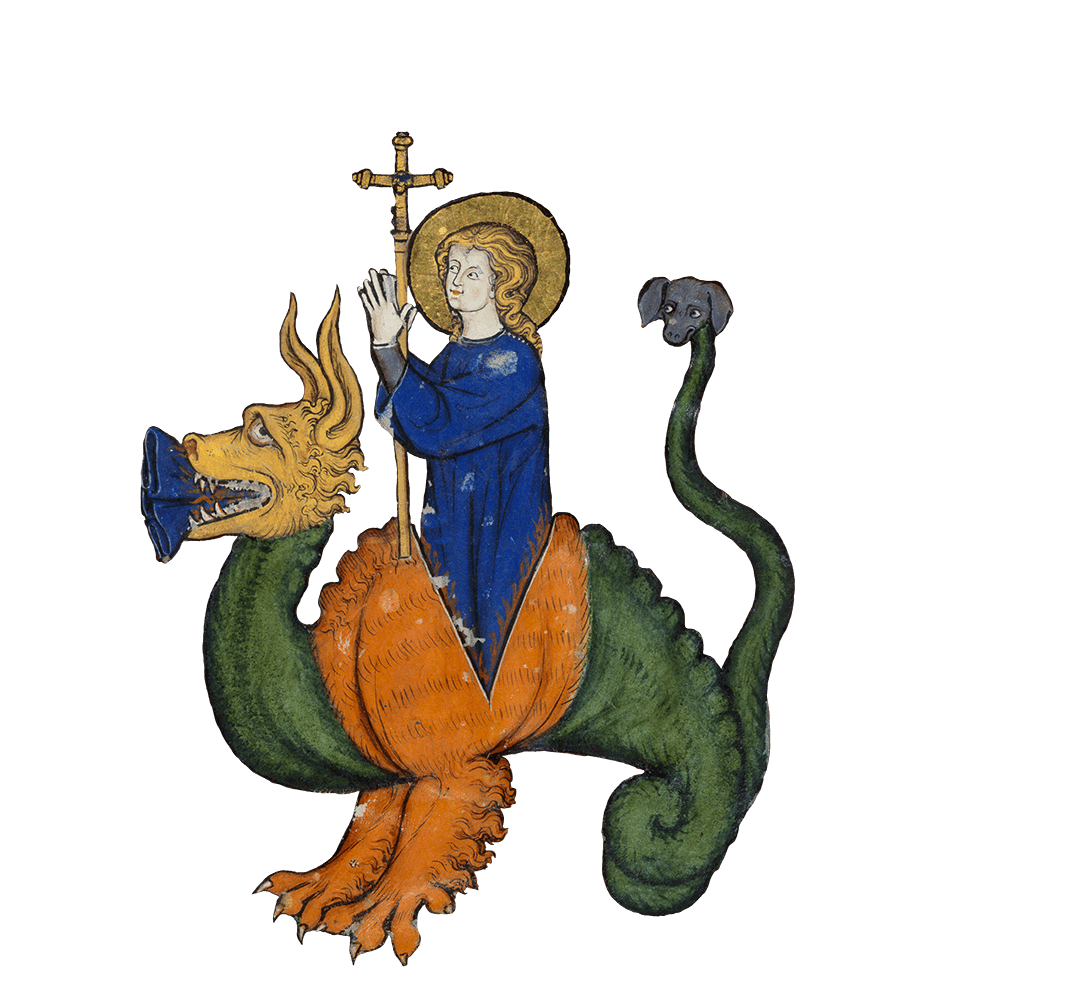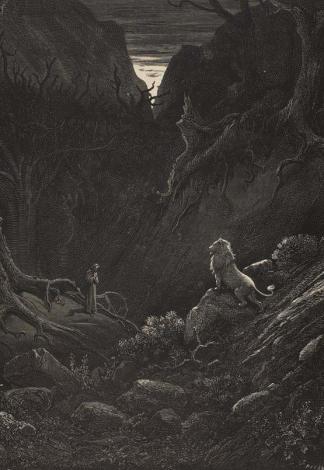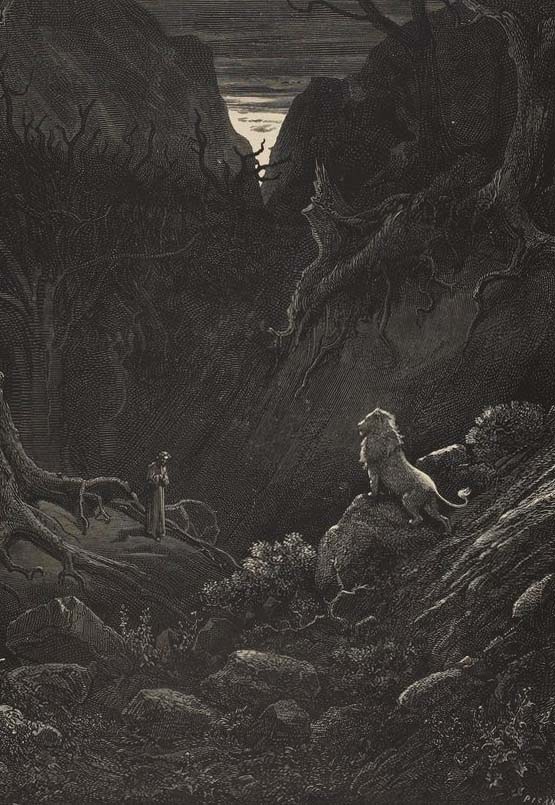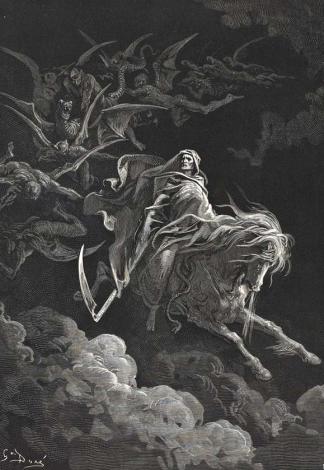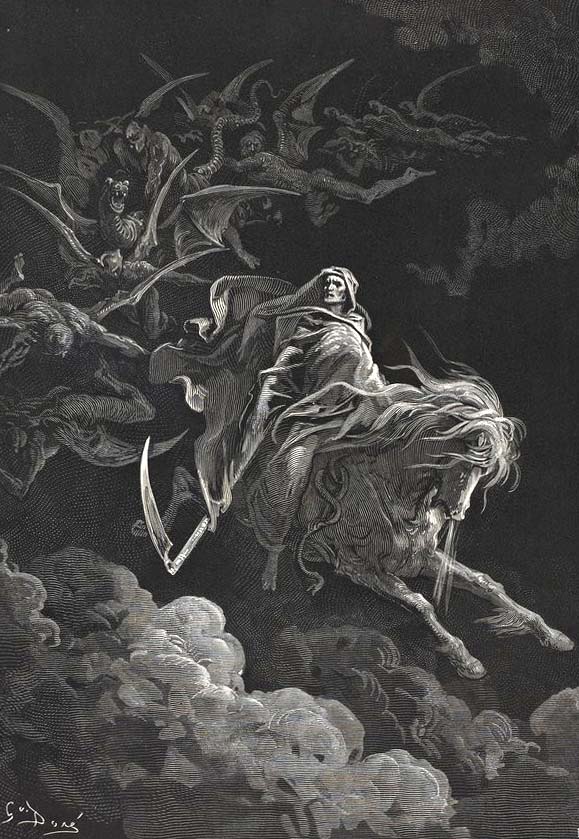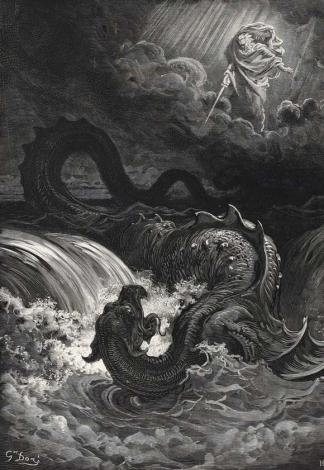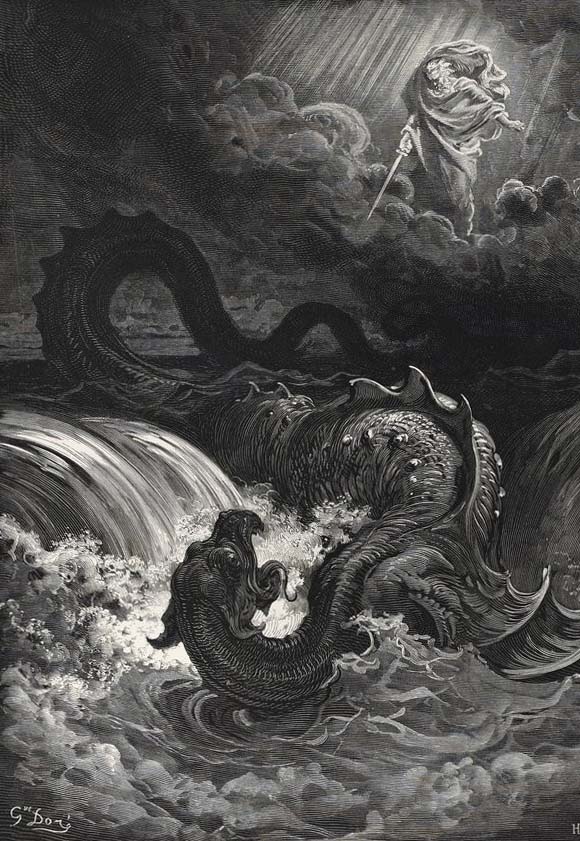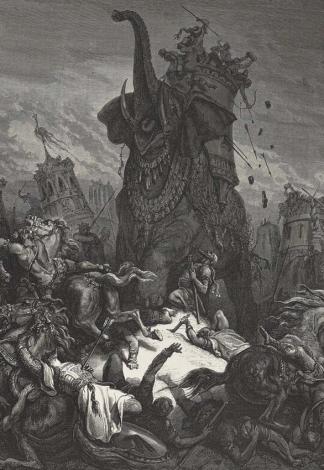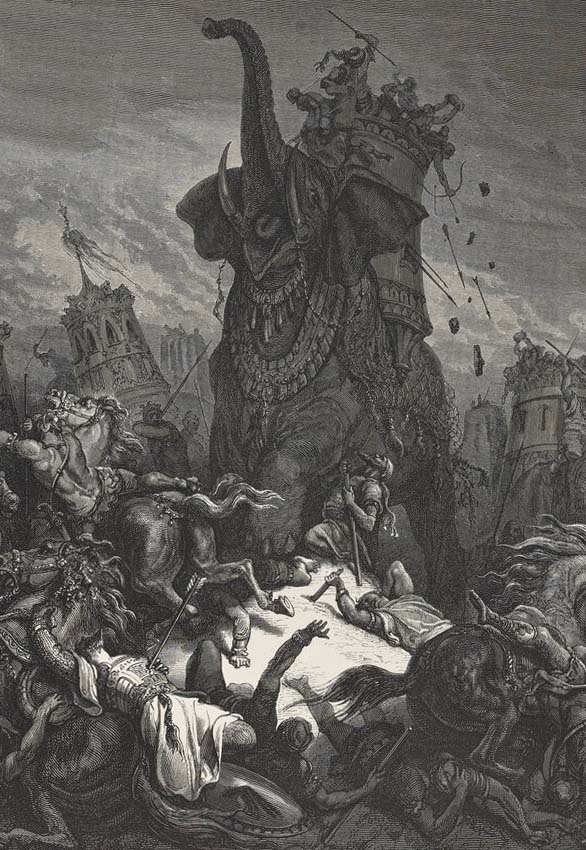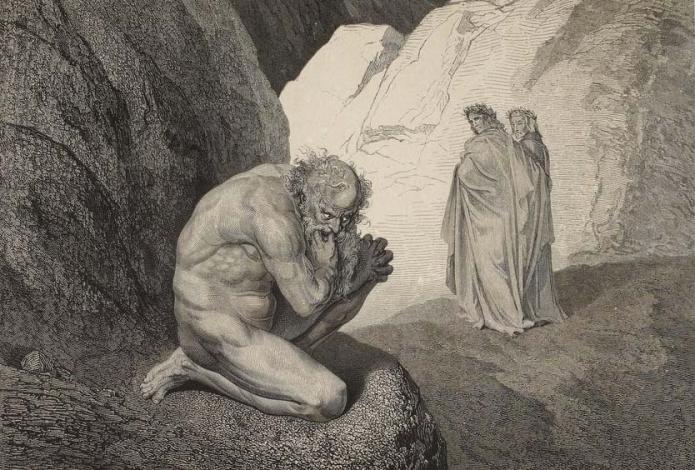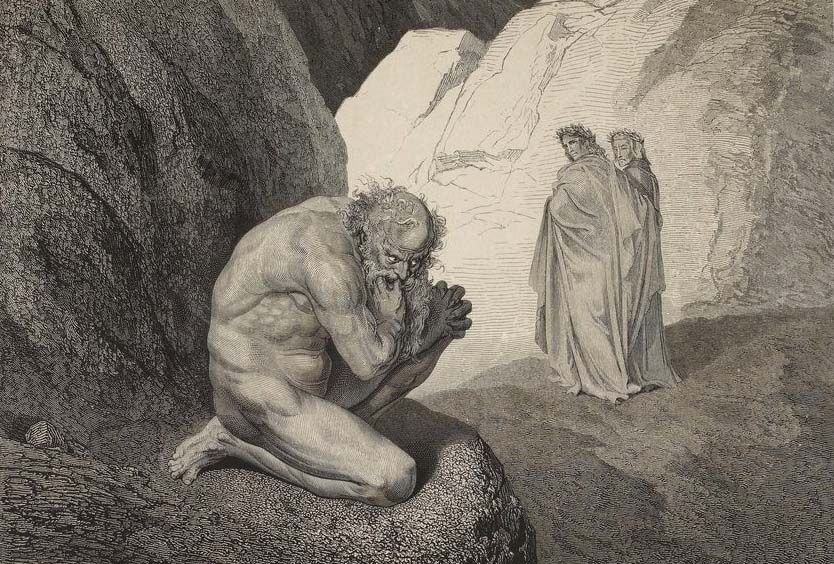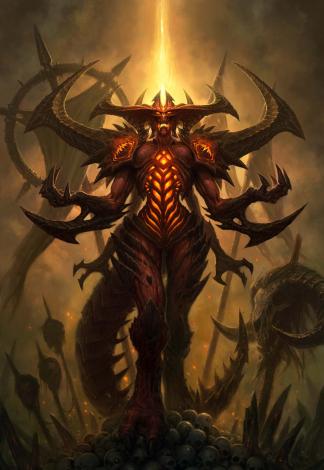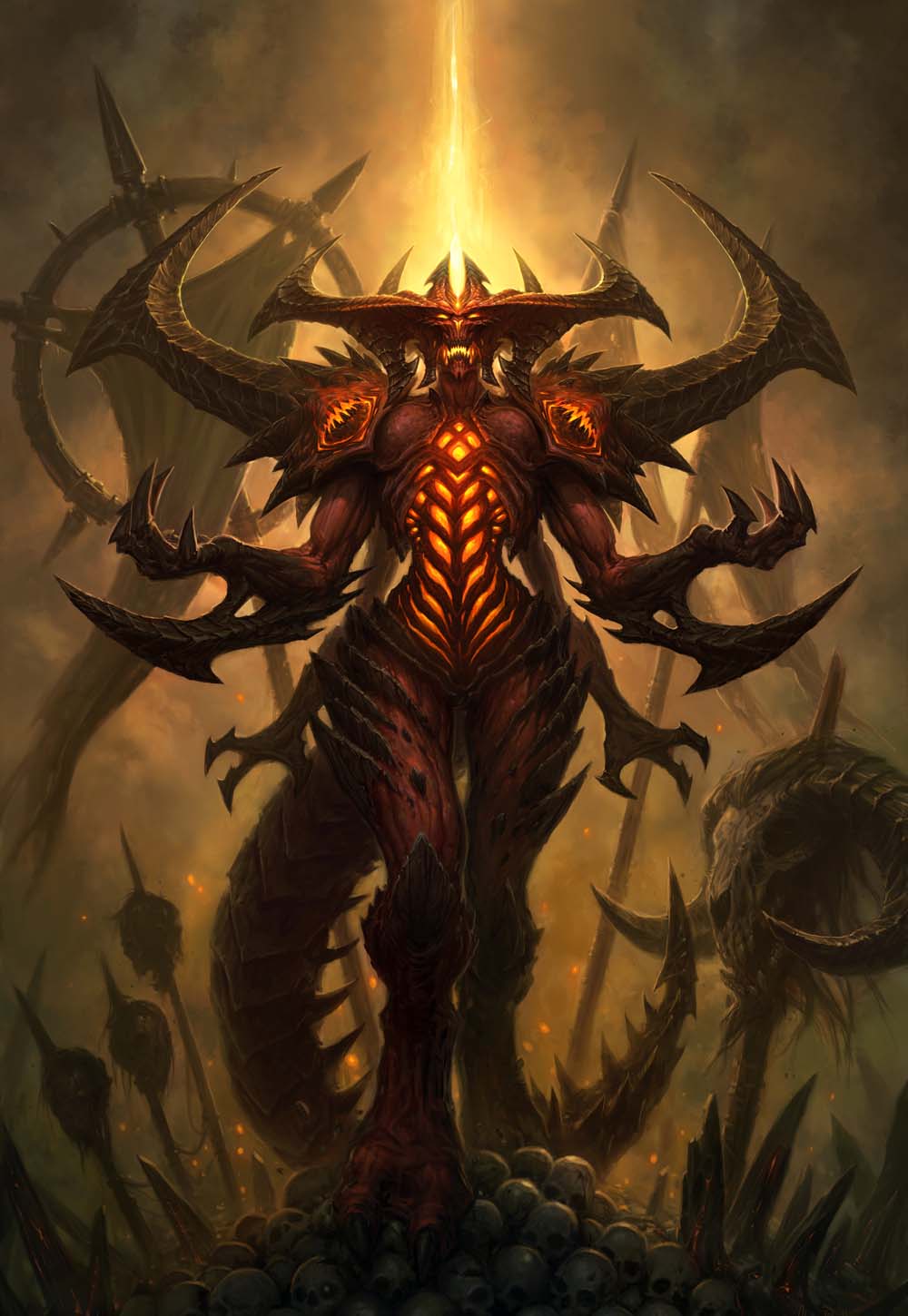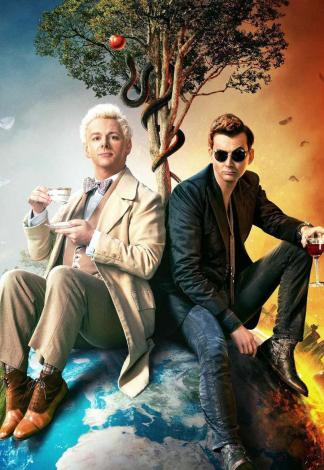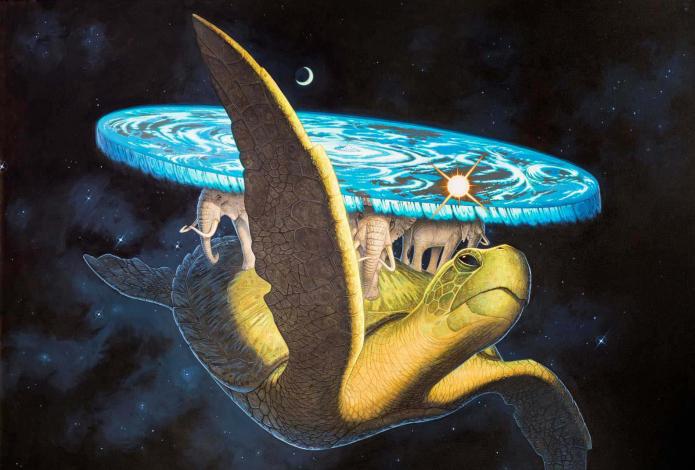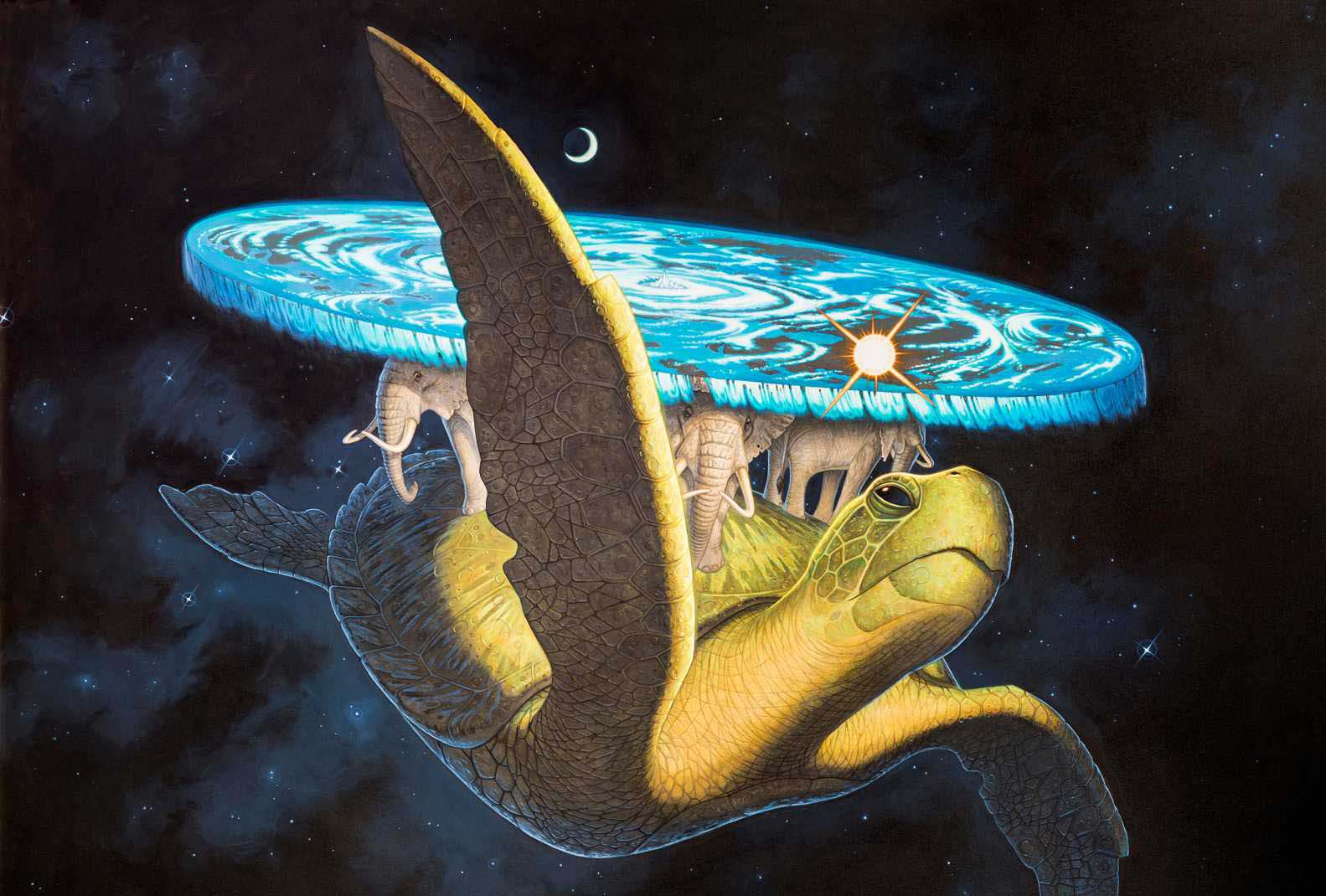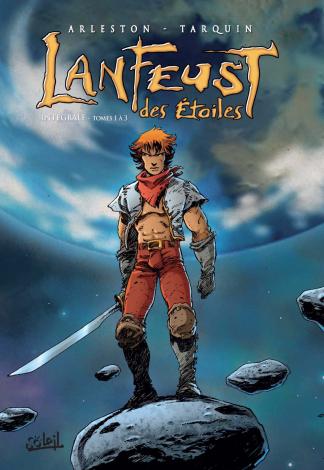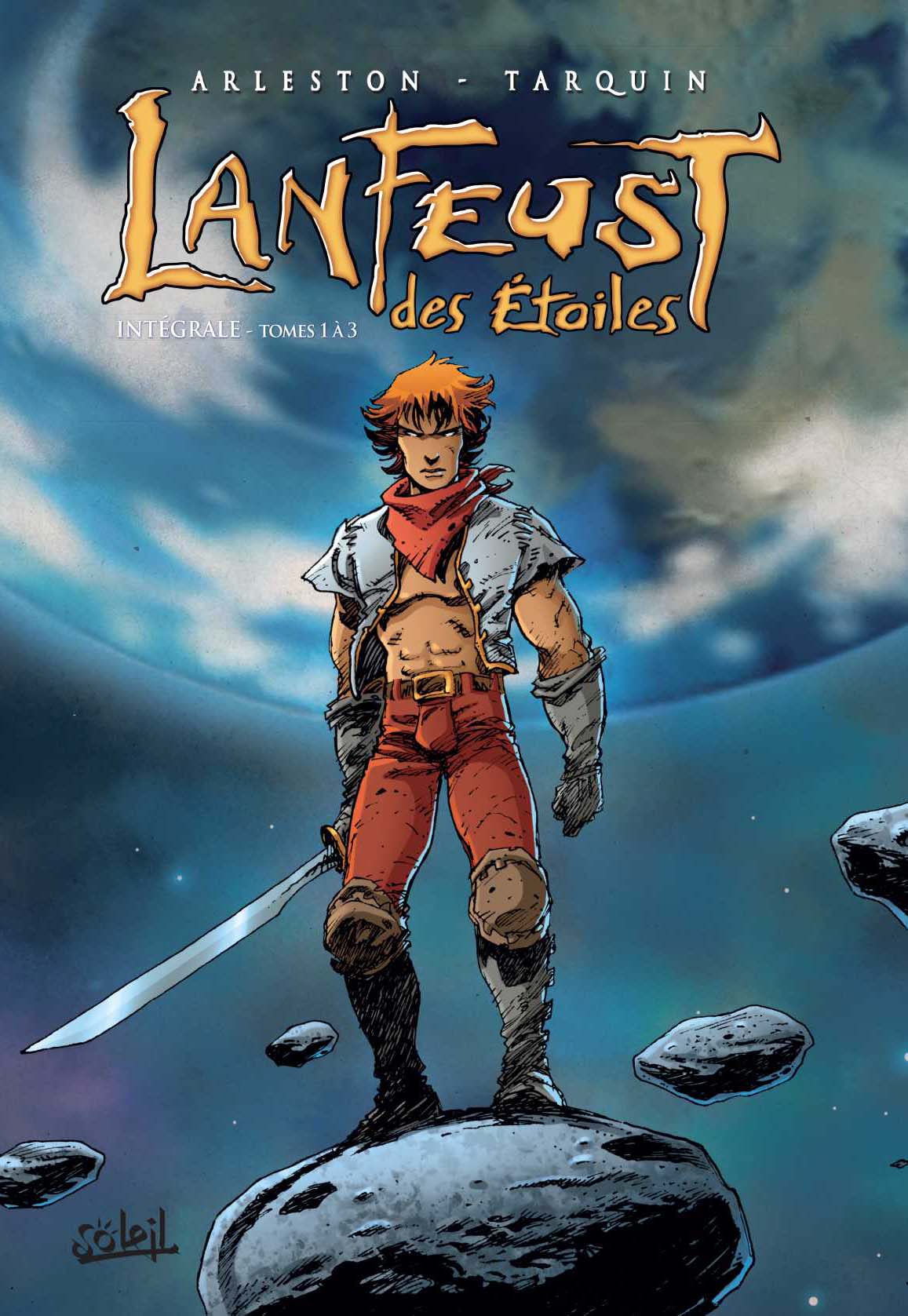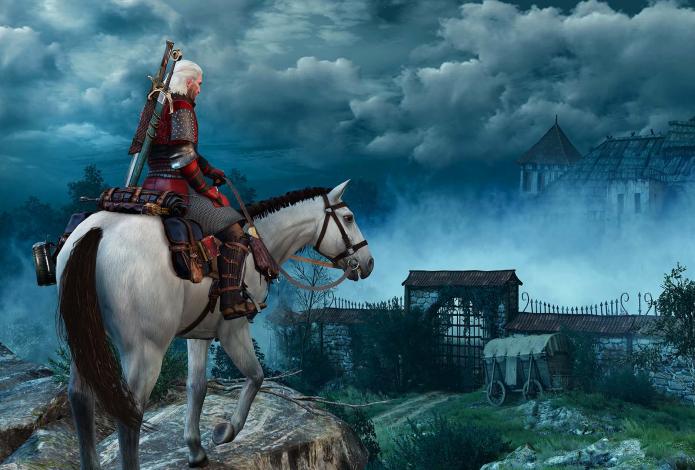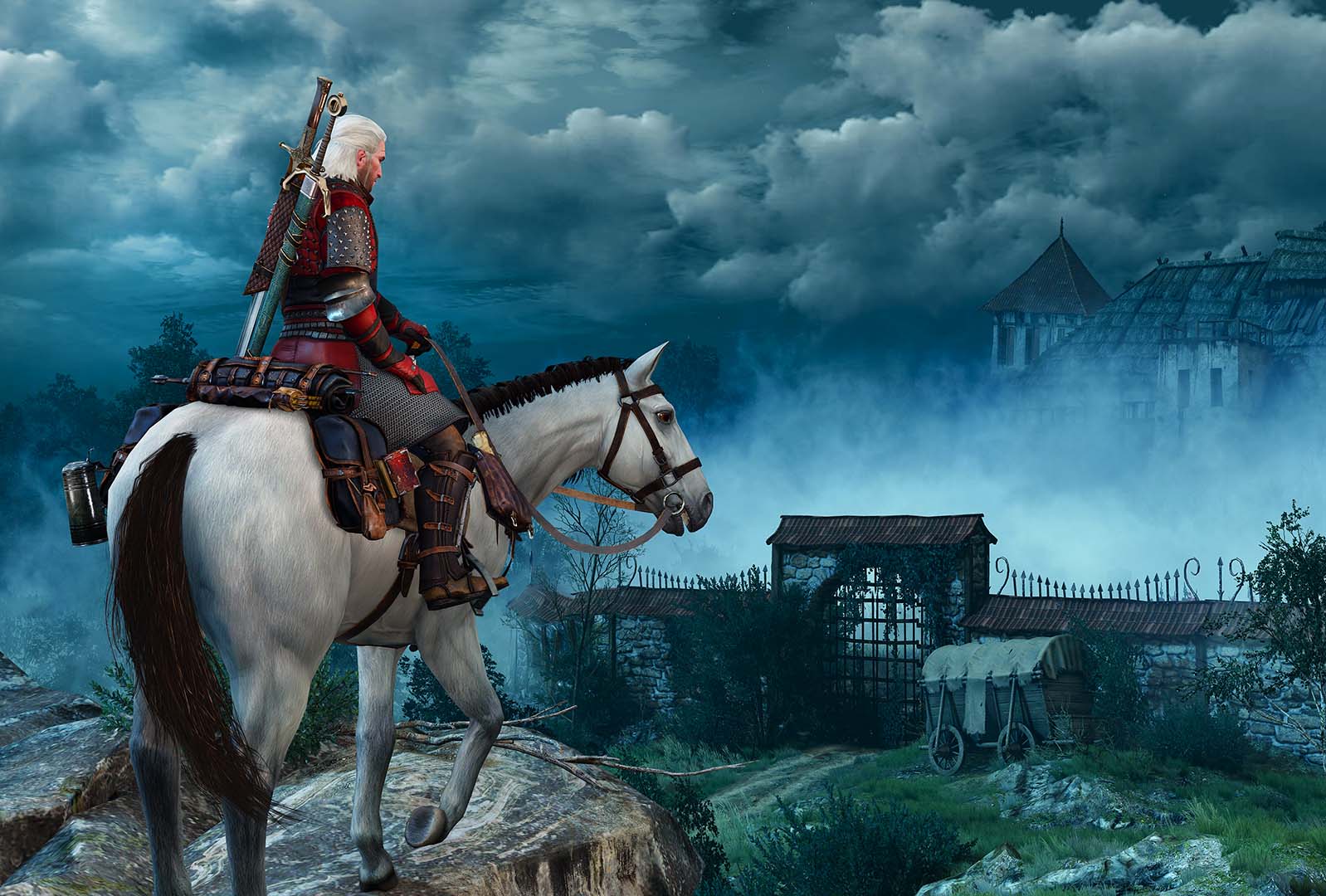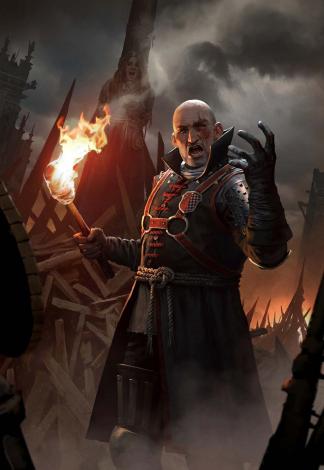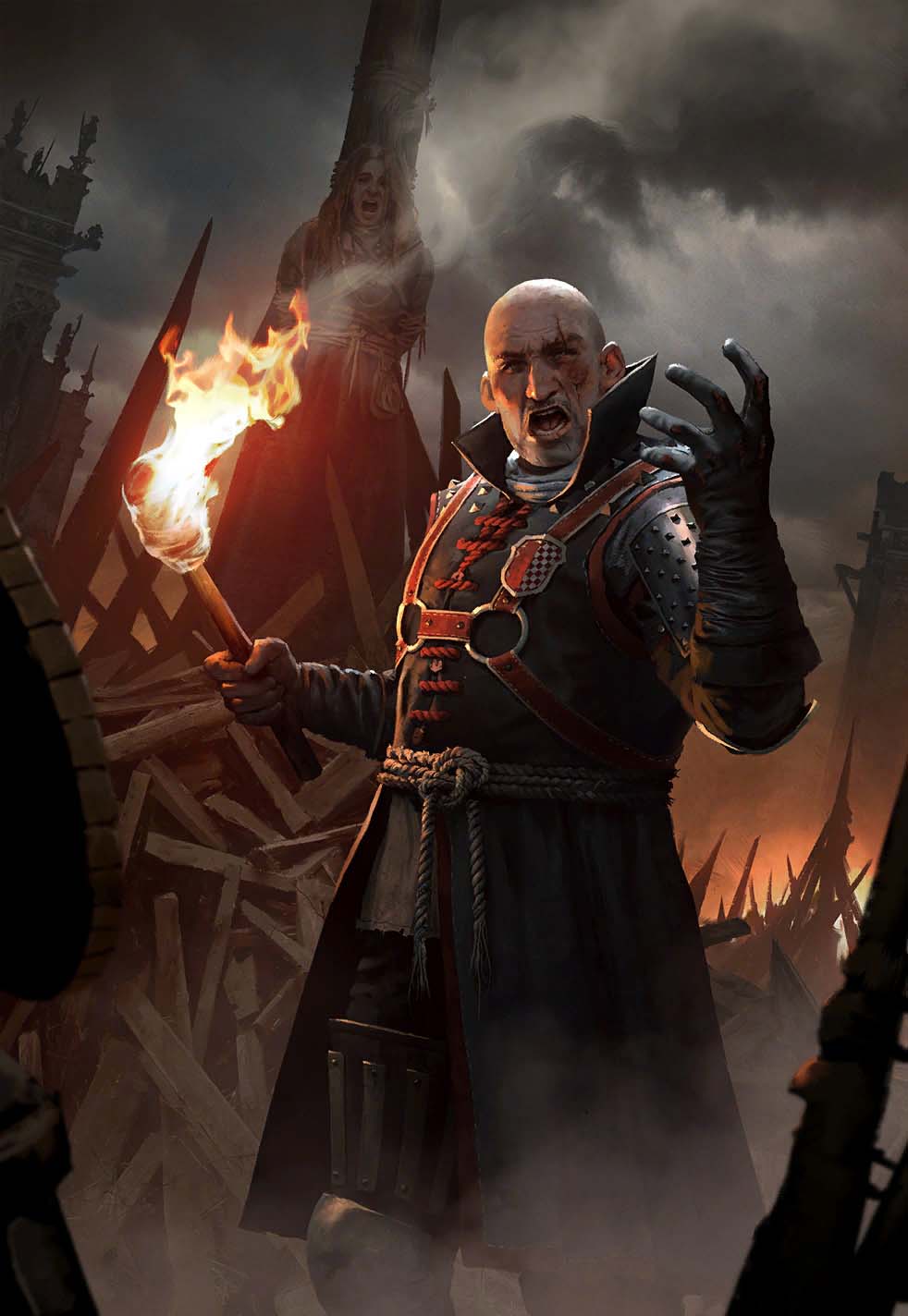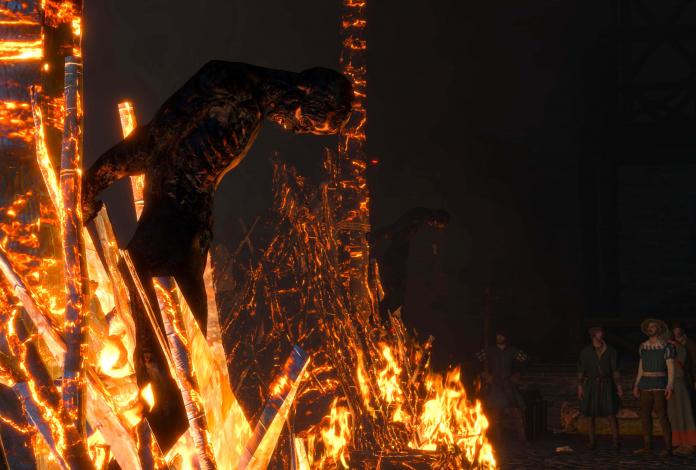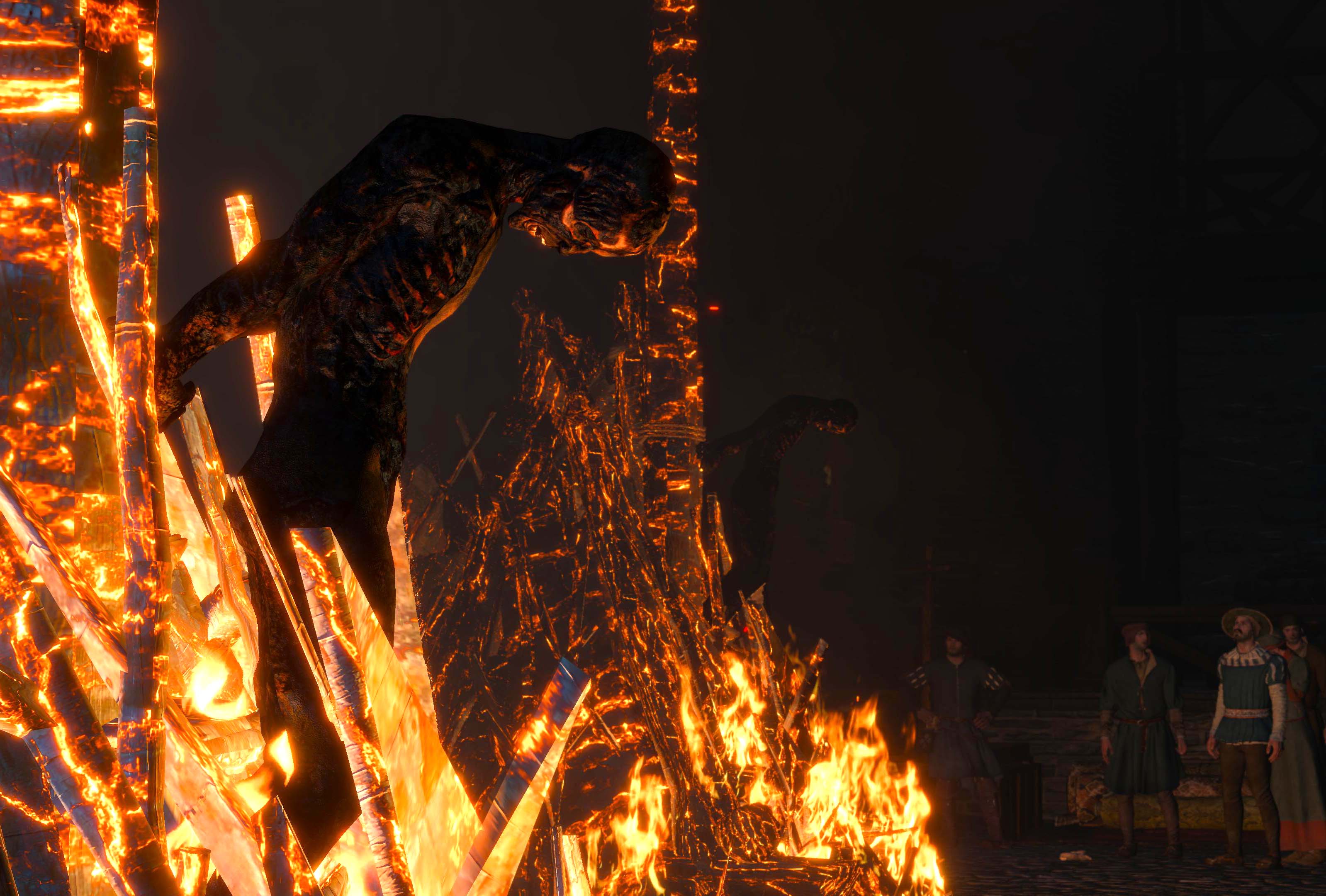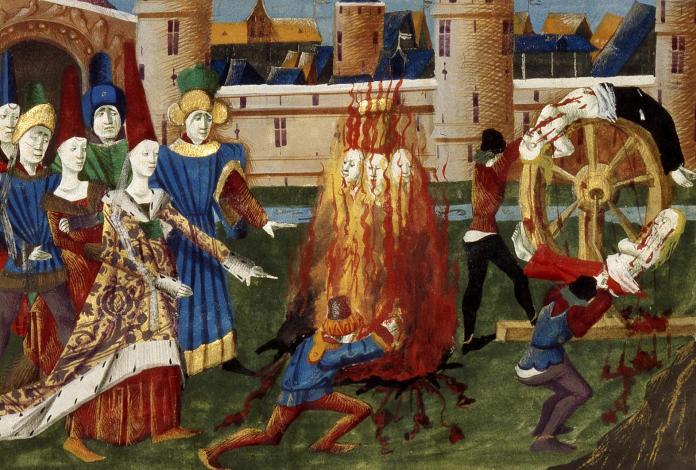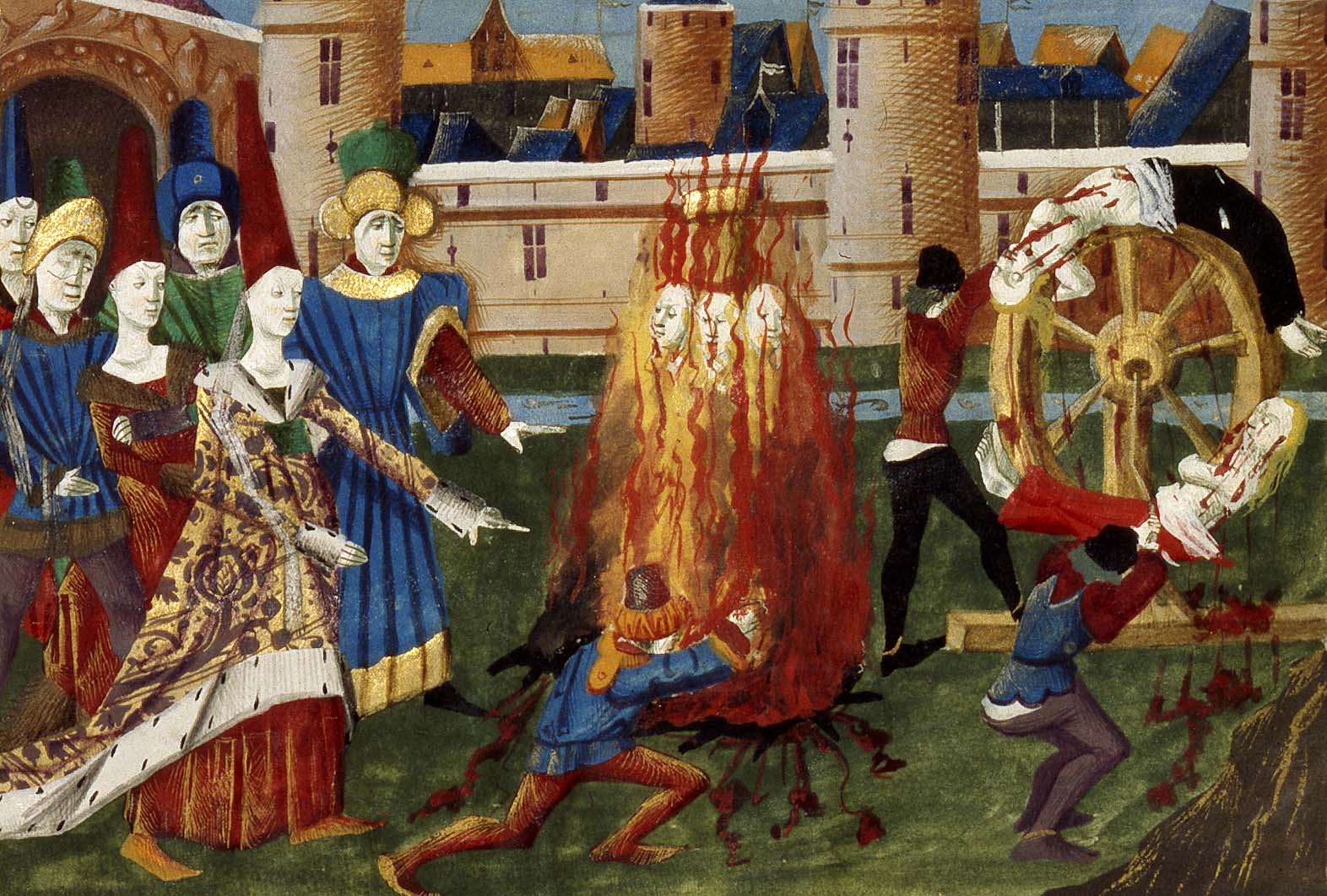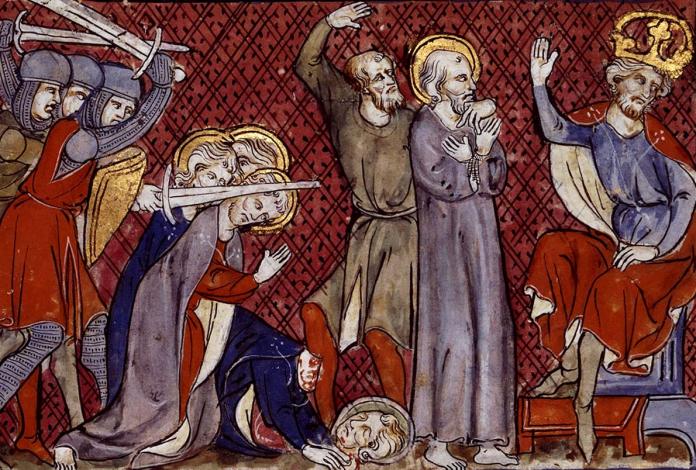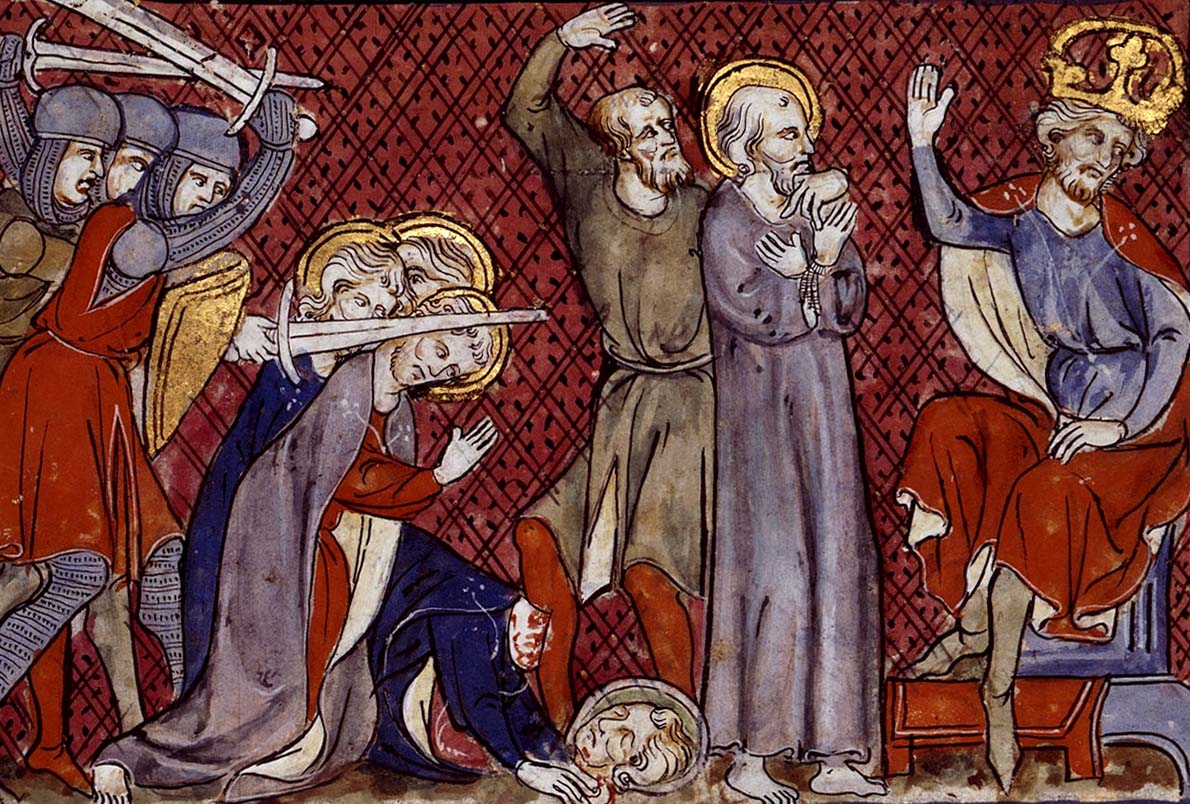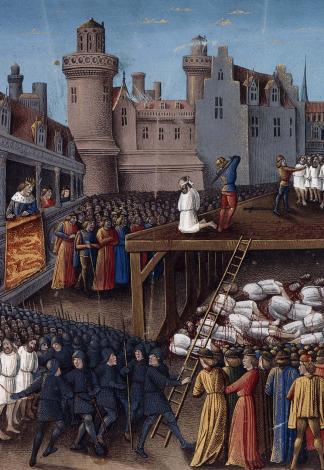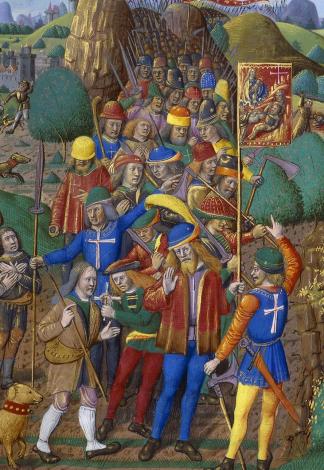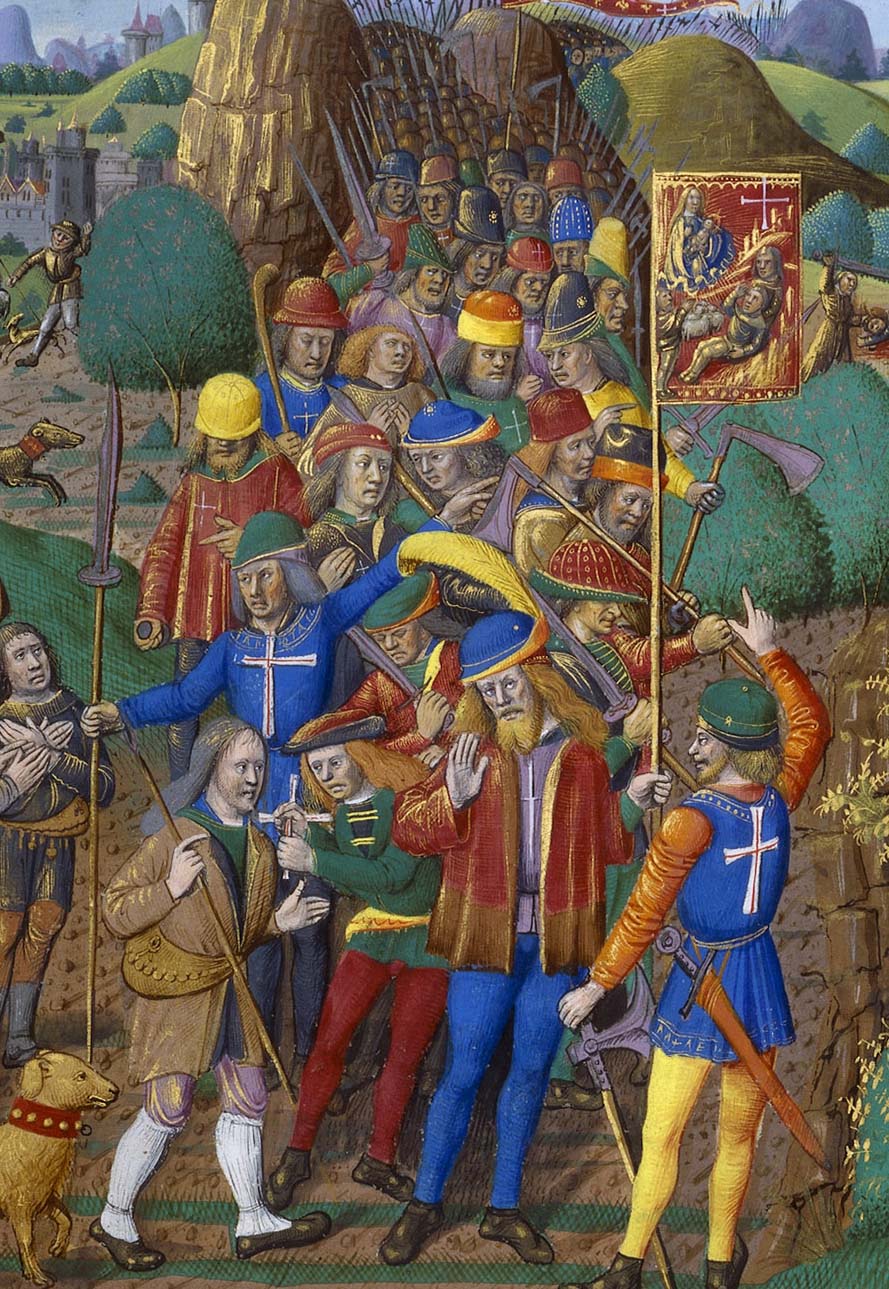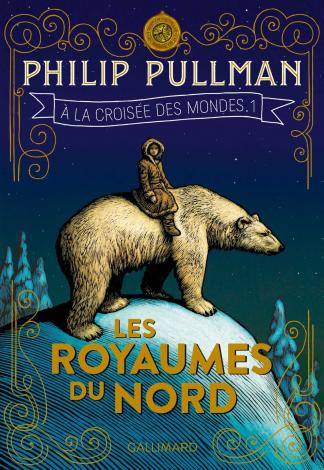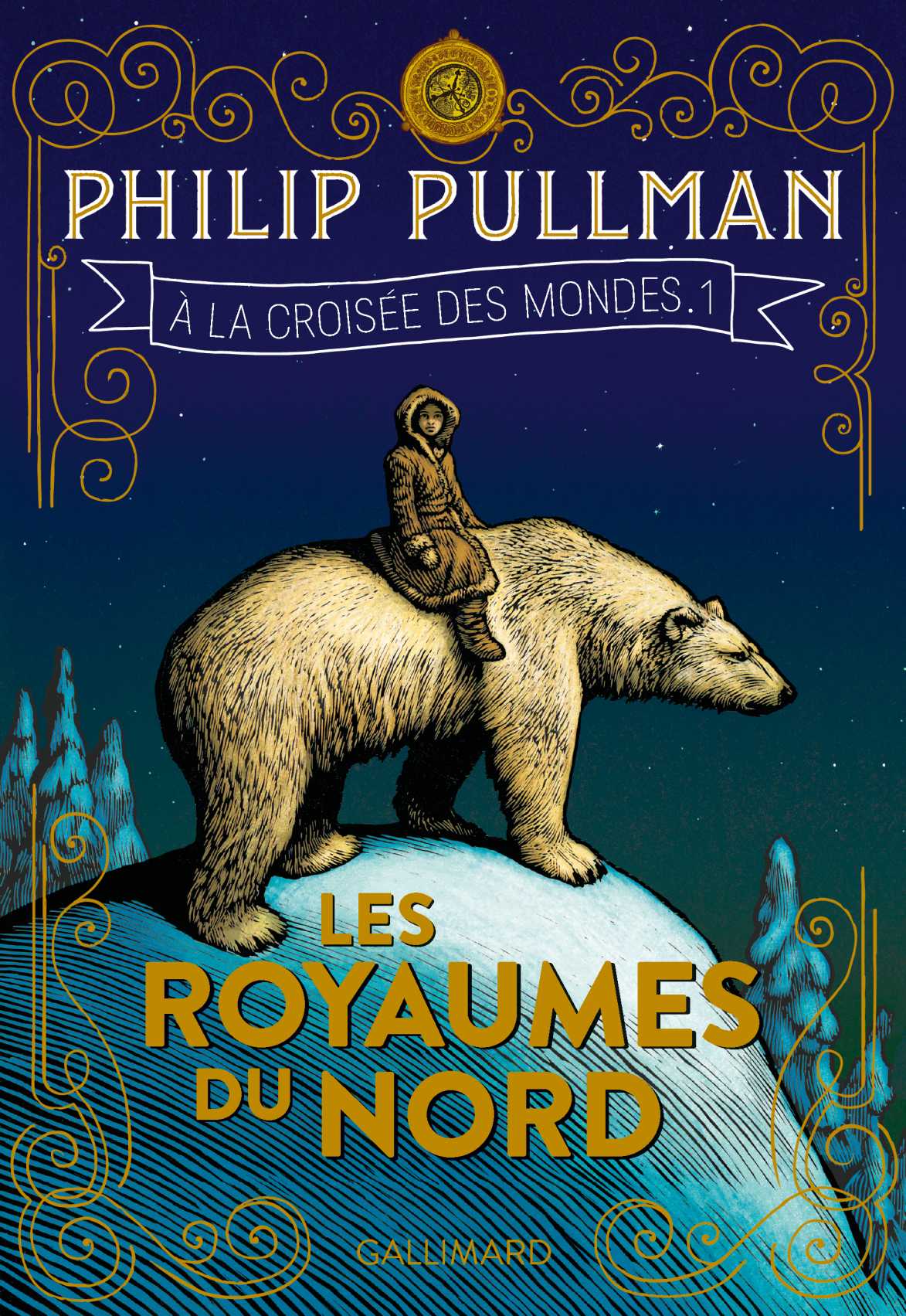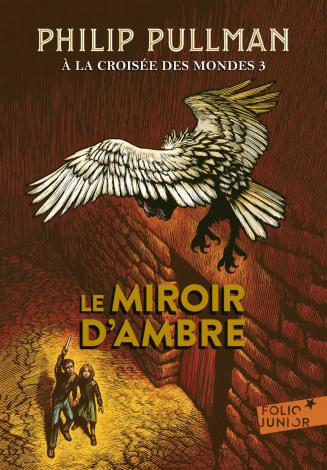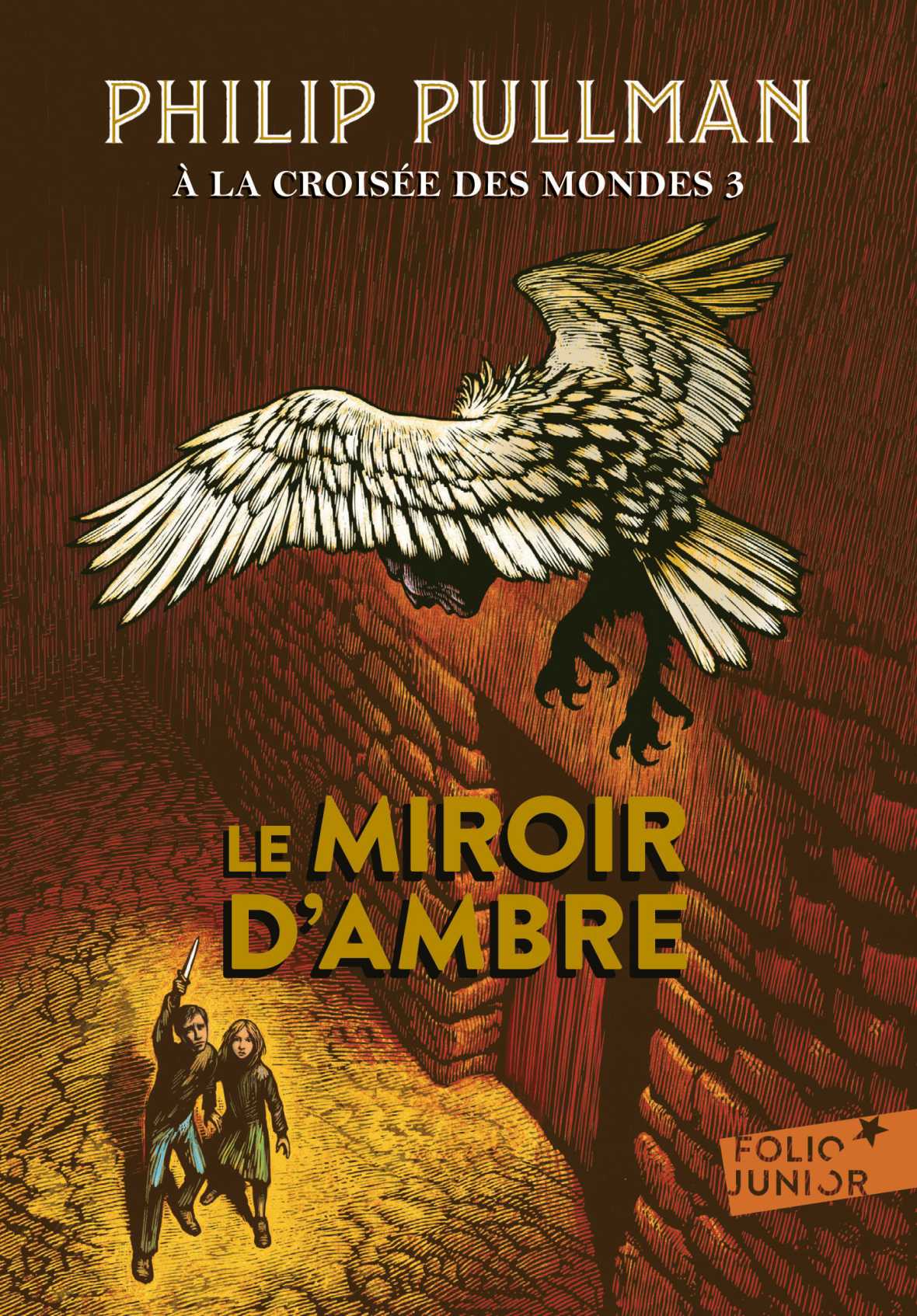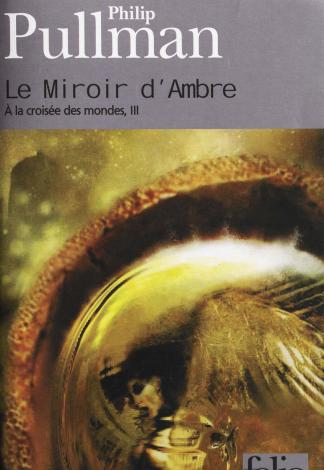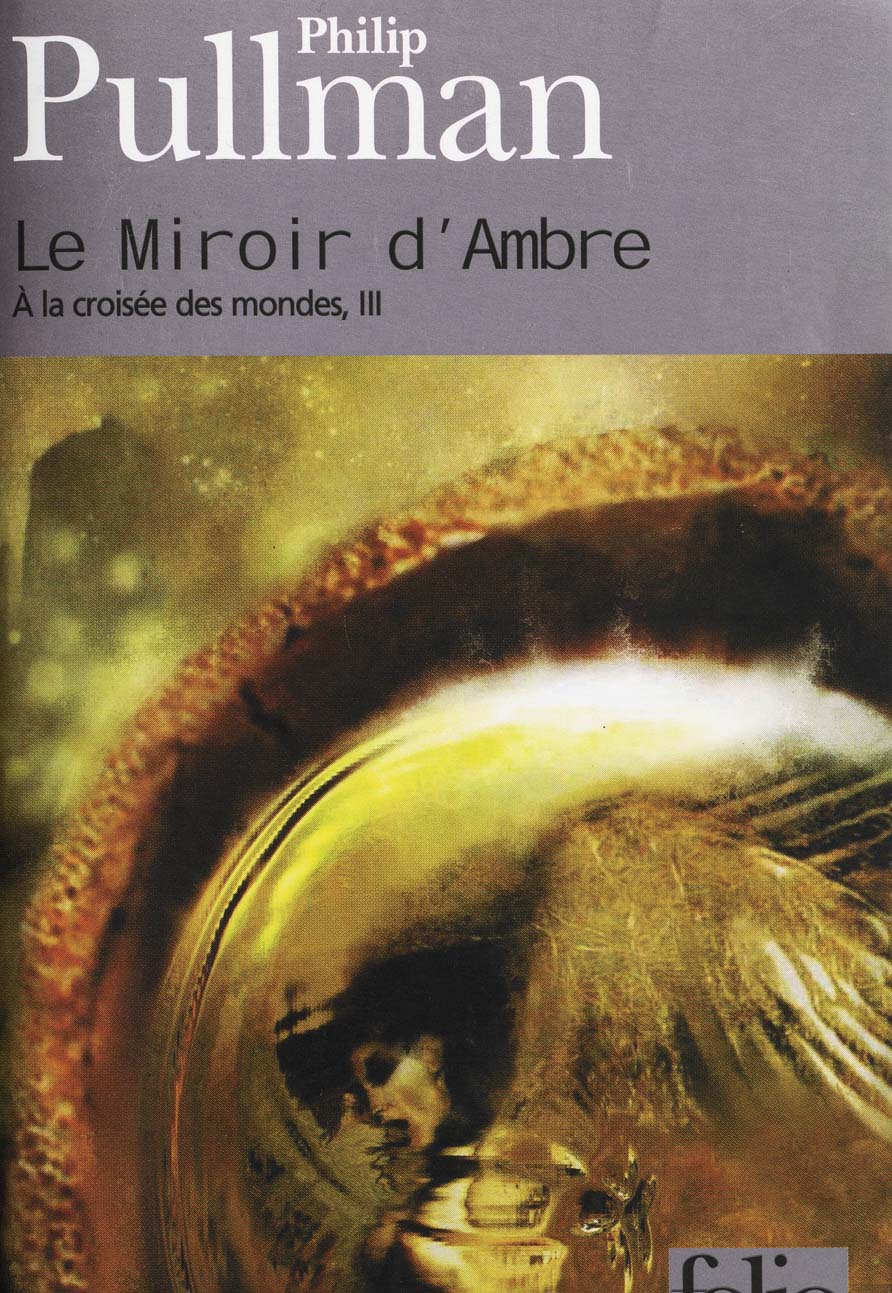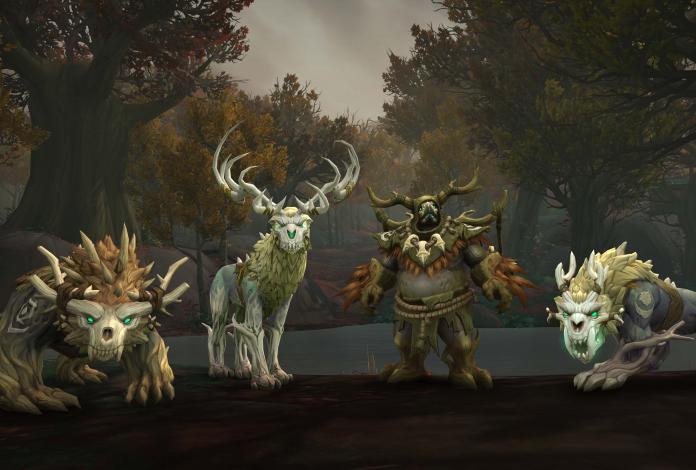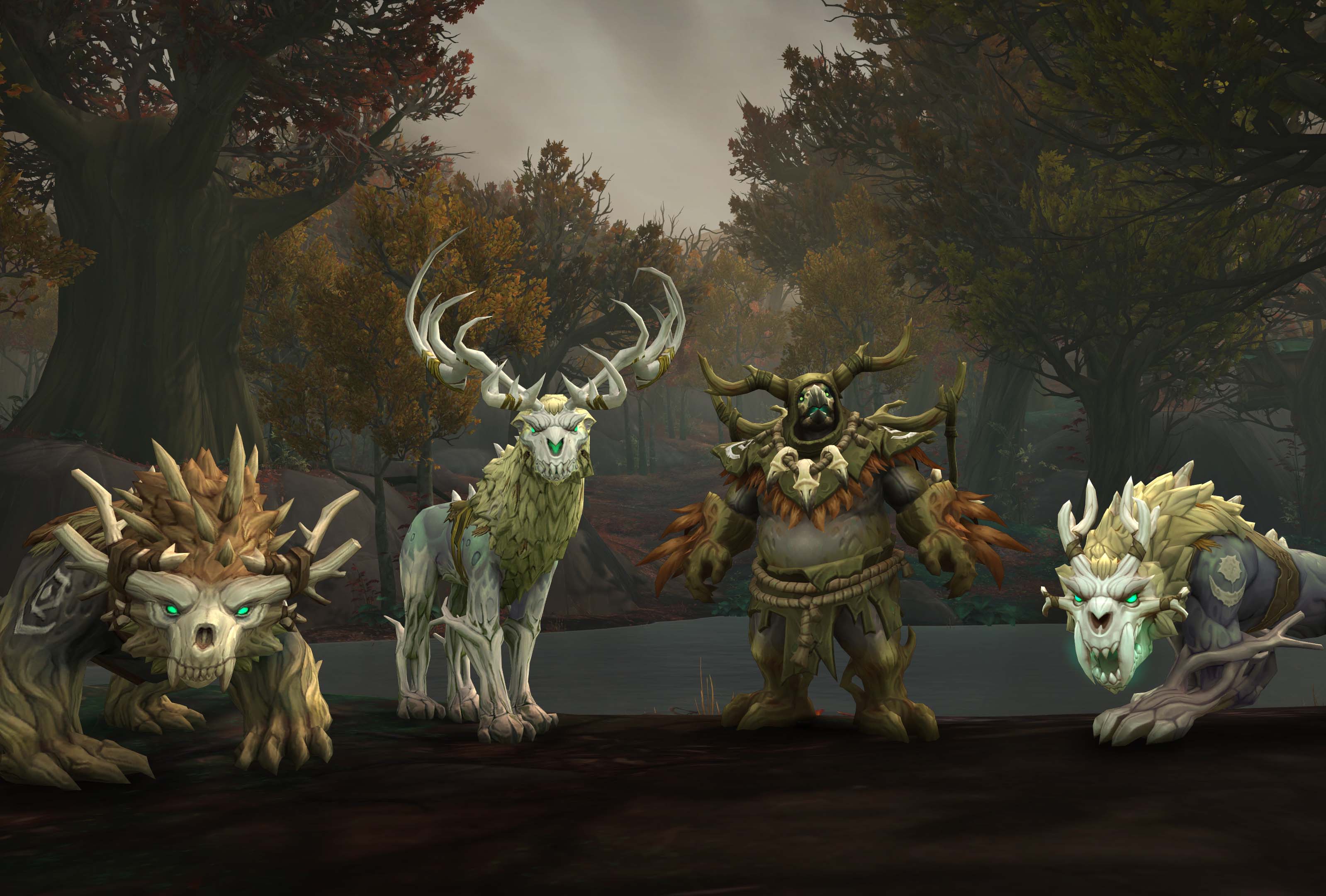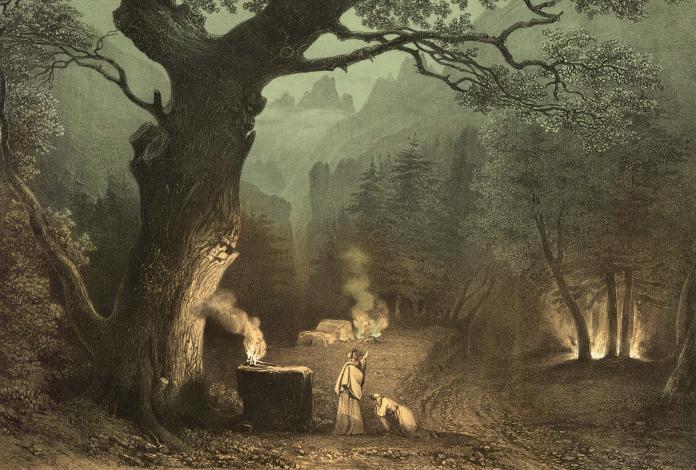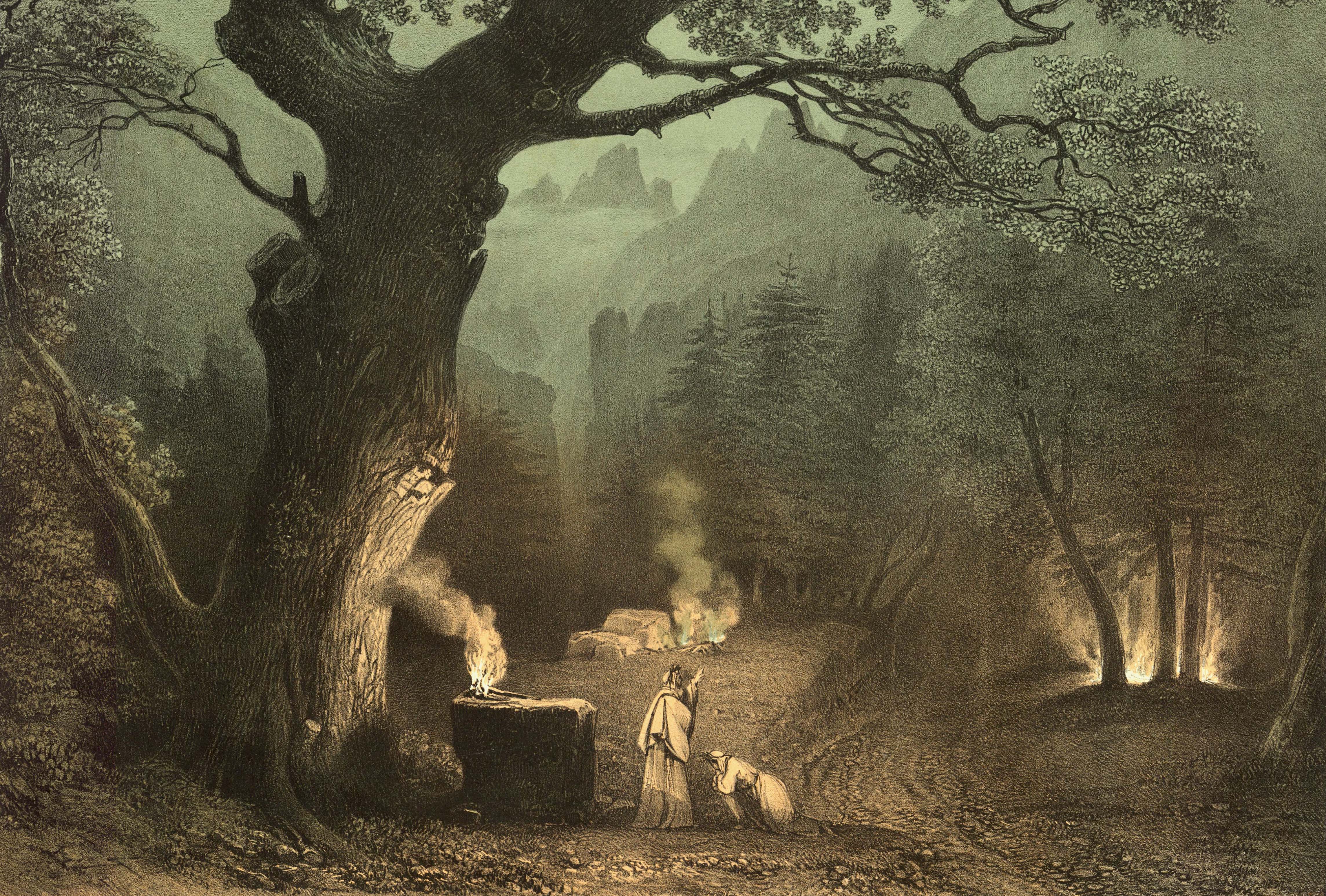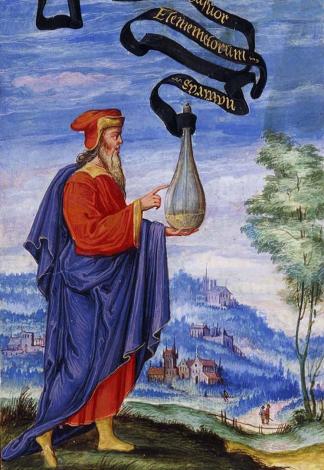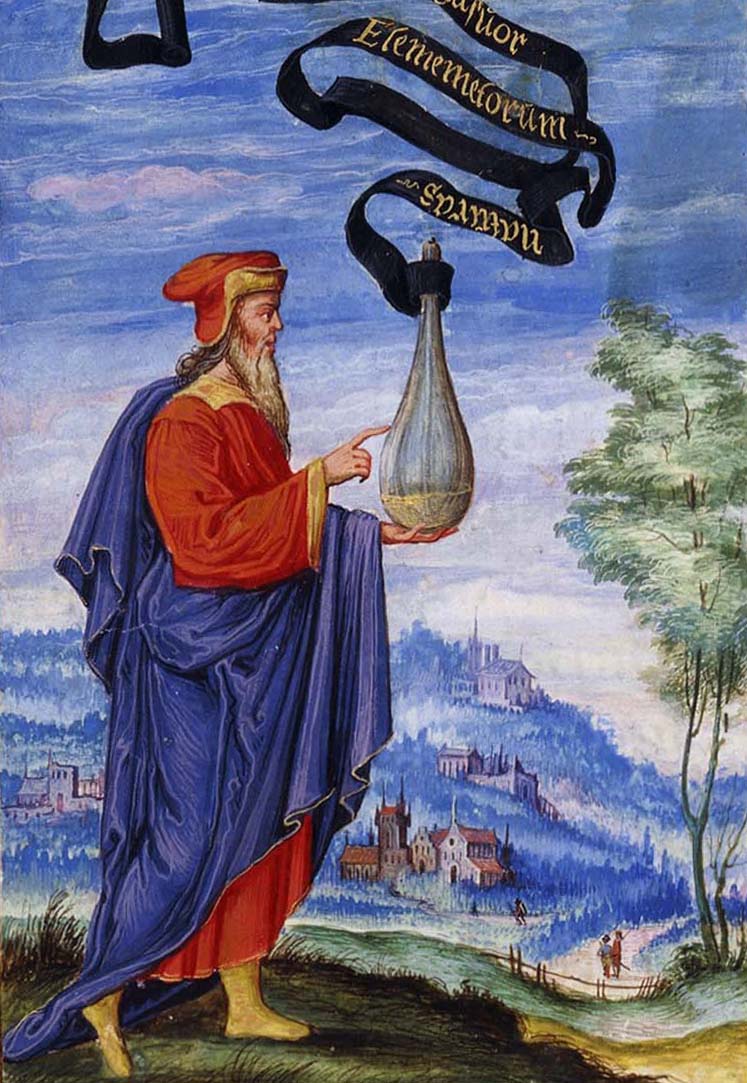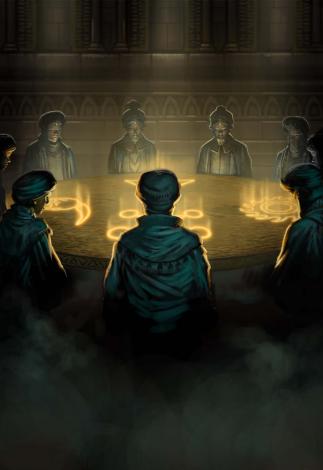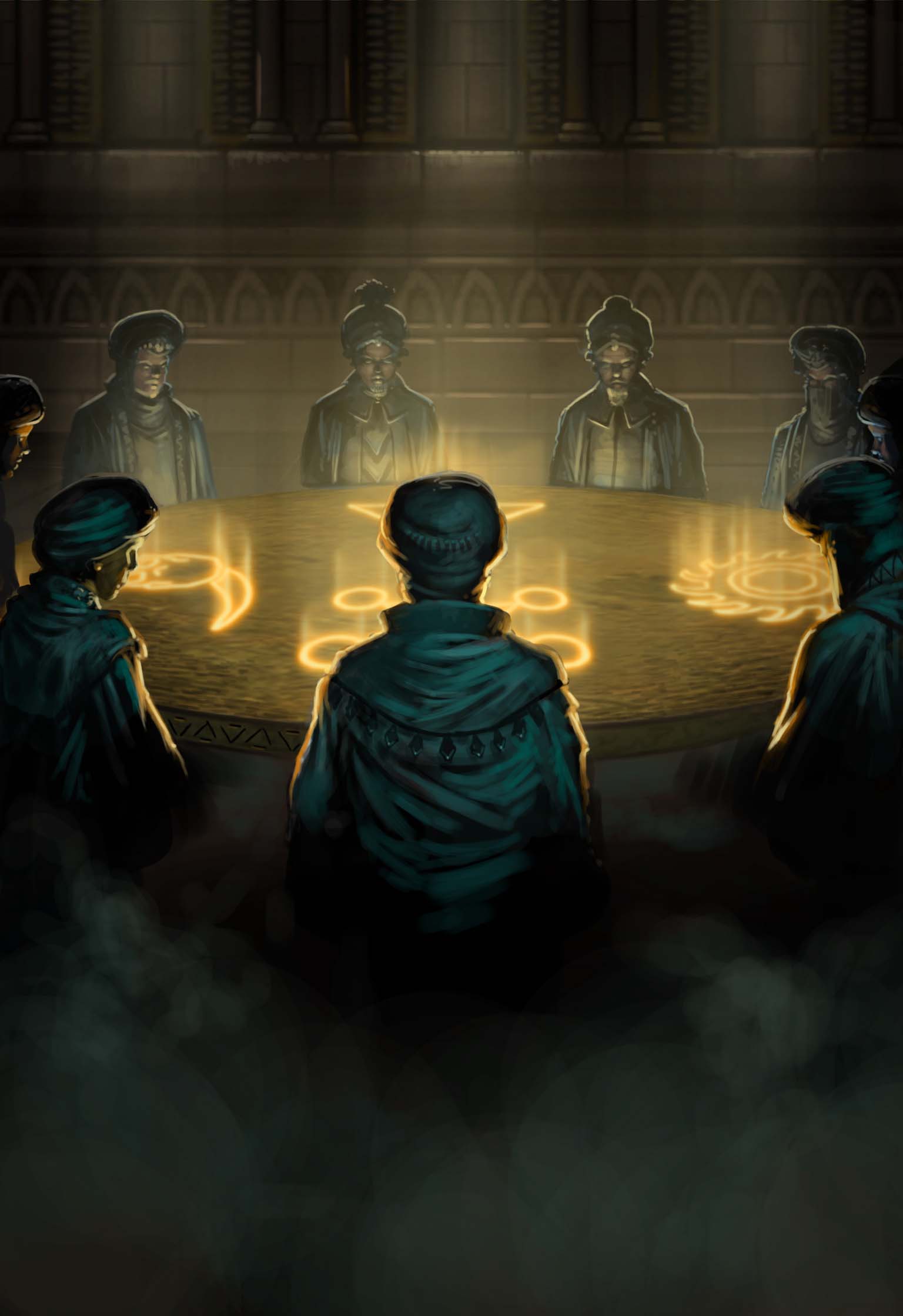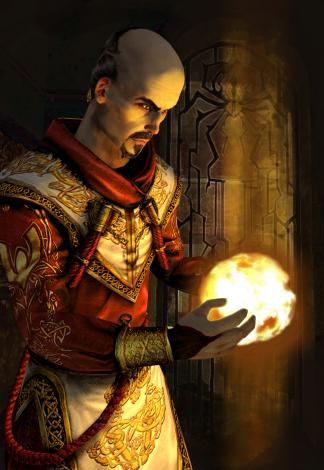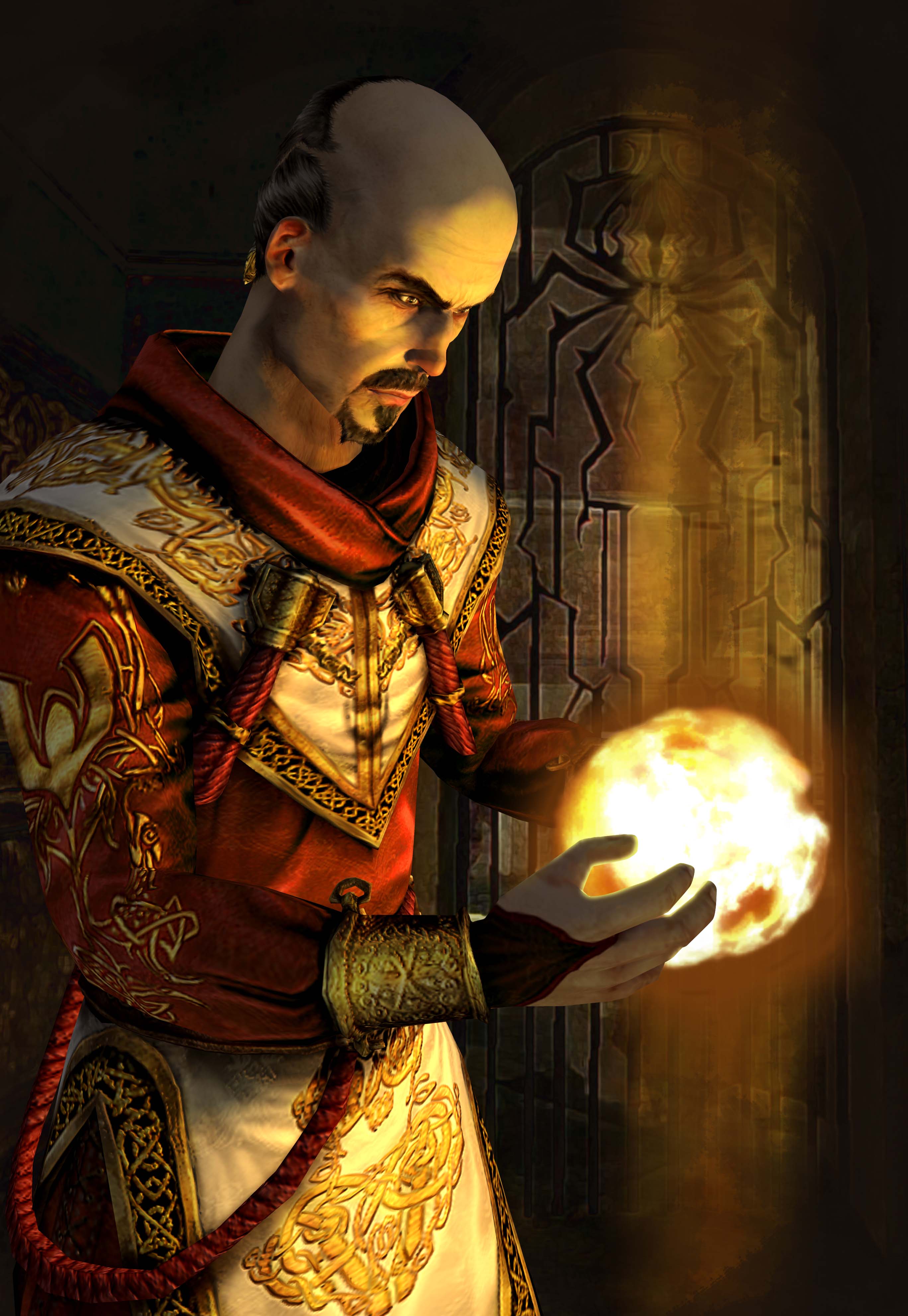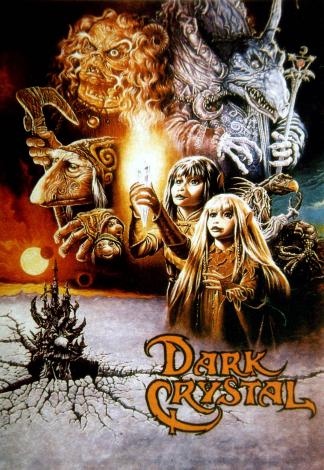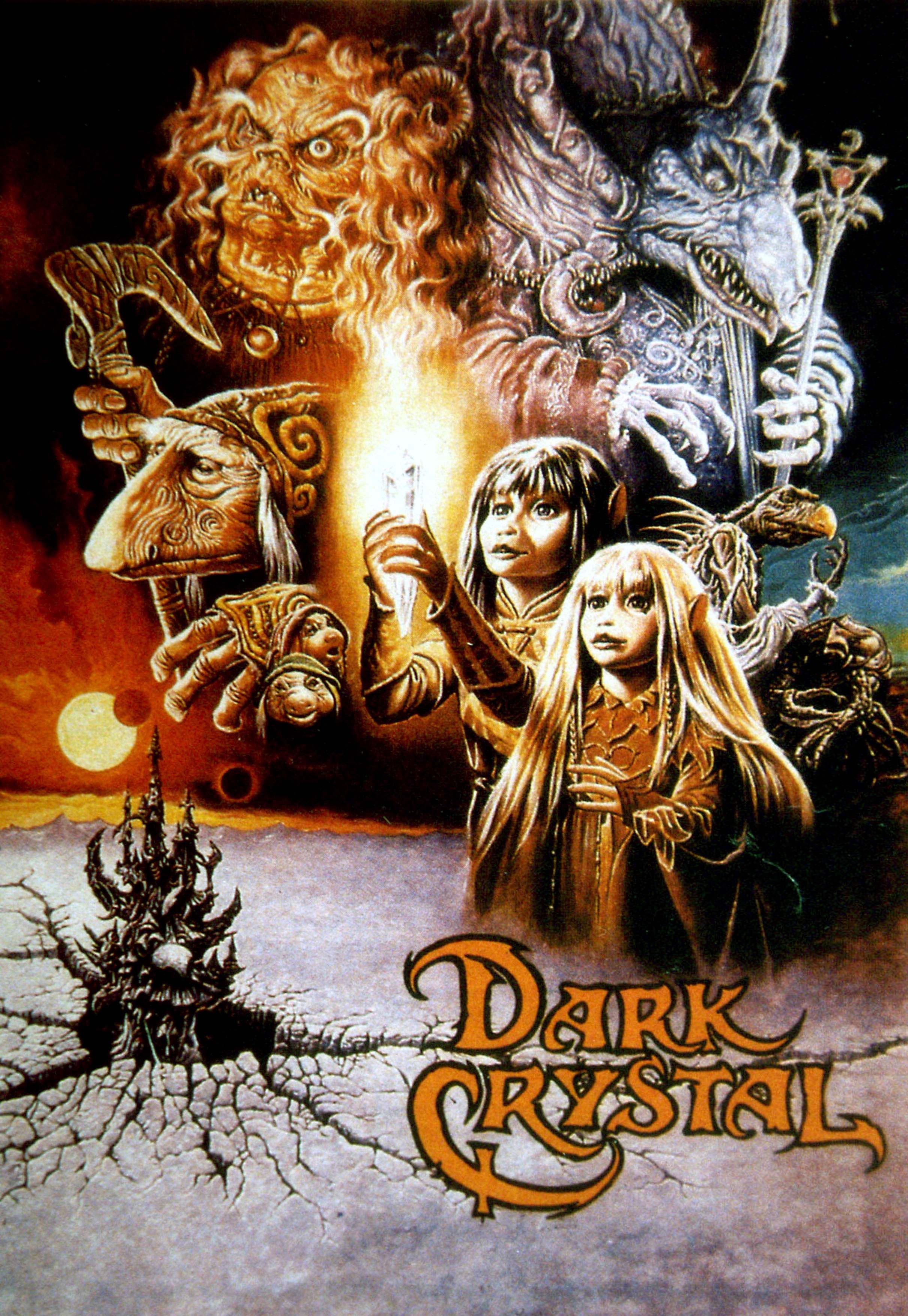It is not uncommon to come across imaginary beliefs or deities in the multiple worlds of fantasy. Authors such as David Eddings with his Belgariad or J.R.R. Tolkien with his Silmarillion Valar have single-handedly built complete mythologies.
Christian Influences
Biblical Inspiration
With Aslan the lion from the world of Narnia, C.S. Lewis portrays a divine symbol, teaching children Christian values. Honest and upright, the lion imposes himself as the good conscience and protective divinity of the saga. He sacrifices himself to redeem Edmund's sins, and appears several times as a Christic figure. Religious symbols have been handed down through the ages, such as the Holy Grail reinvented by Monty Python or Indiana Jones. And in Tolkien, how can we see Sauron's master, Morgoth as anything other than the Satan of Middle-earth?
Angel or Demon?
With angels, archangels and demons, the video game Diablo or the television series Good Omens, adapted from the book Good Omens by Neil Gaiman and Terry Pratchett, often draw freely from biblical stories. Humour is Terry Pratchett's prerogative. In Discworld, it is enough for a person to believe in a god for the god to exist and disappear when the belief fades. This poetic vision of spirituality was also popularized by the comic book Lanfeust de Troy.
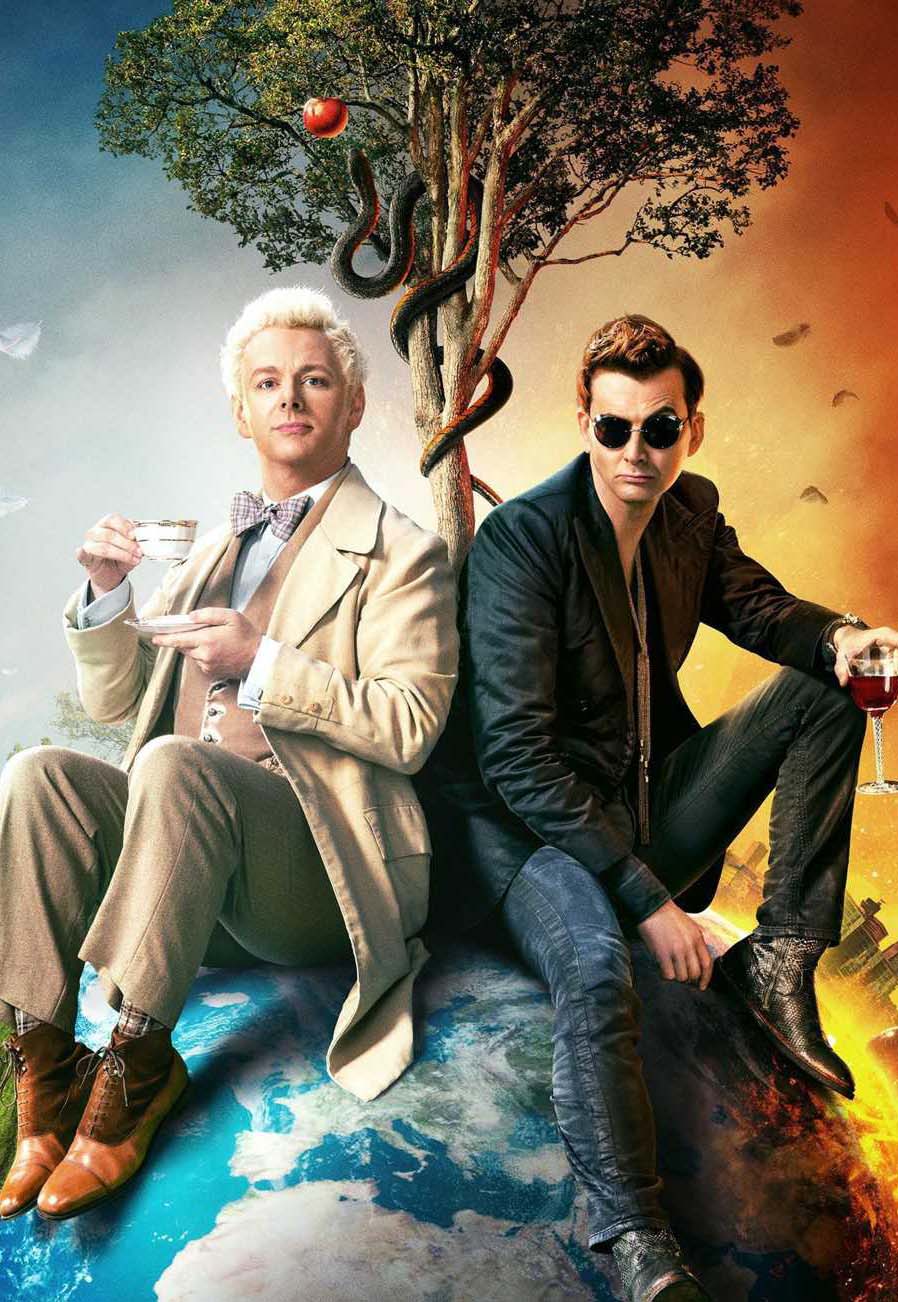
Good Omens
British television miniseries in 6 episodes, broadcast in 2019
Adaptated from the novel Good Omens by Terry Prachett and Nail Gaiman
Screenplay by Nail Gaiman, directed by Douglas Mackinnon
Starring Michael Sheen (Aziraphale) and David Tennant (Crowley)
© BBC Studios - Amazon Studios - Narrativia - Salt River Studios - The Blank Corporation
Fierce Criticism of Religion
Witch Hunts
Some less idealistic works attack the Church and theocracy head-on, echoing the dark hours of monotheistic religions and obscurantism. In his literary saga The Witcher, Andrzej Sapkowski rewrites the madness of the Inquisition and the burning of witches. The Witcher has also made a name for itself through its adaptations into video games and television series. Seeing priests stalking sorceresses has thus become a classic confrontational figure in the fantasy genre.
Religious Fanaticism
In her uchronic fantasy Le Cycle de Mithra, the novelist Rachel Tanner imagines Indo-Iranian religion annihilating Christianity and submitting the provinces where ancient rites exist to a single god. In The Game of Thrones, the clerics combine cruelty, pogroms and lies. Criticism of religious messianism shines through in the epic saga Ayesha, La Légende du Peuple Turquoise, written by the duo Anne and Gérard Guéro, alias Ange. The turquoise people become a metaphor for the Jewish people in ancient Rome, or for Moses' flight into the desert.
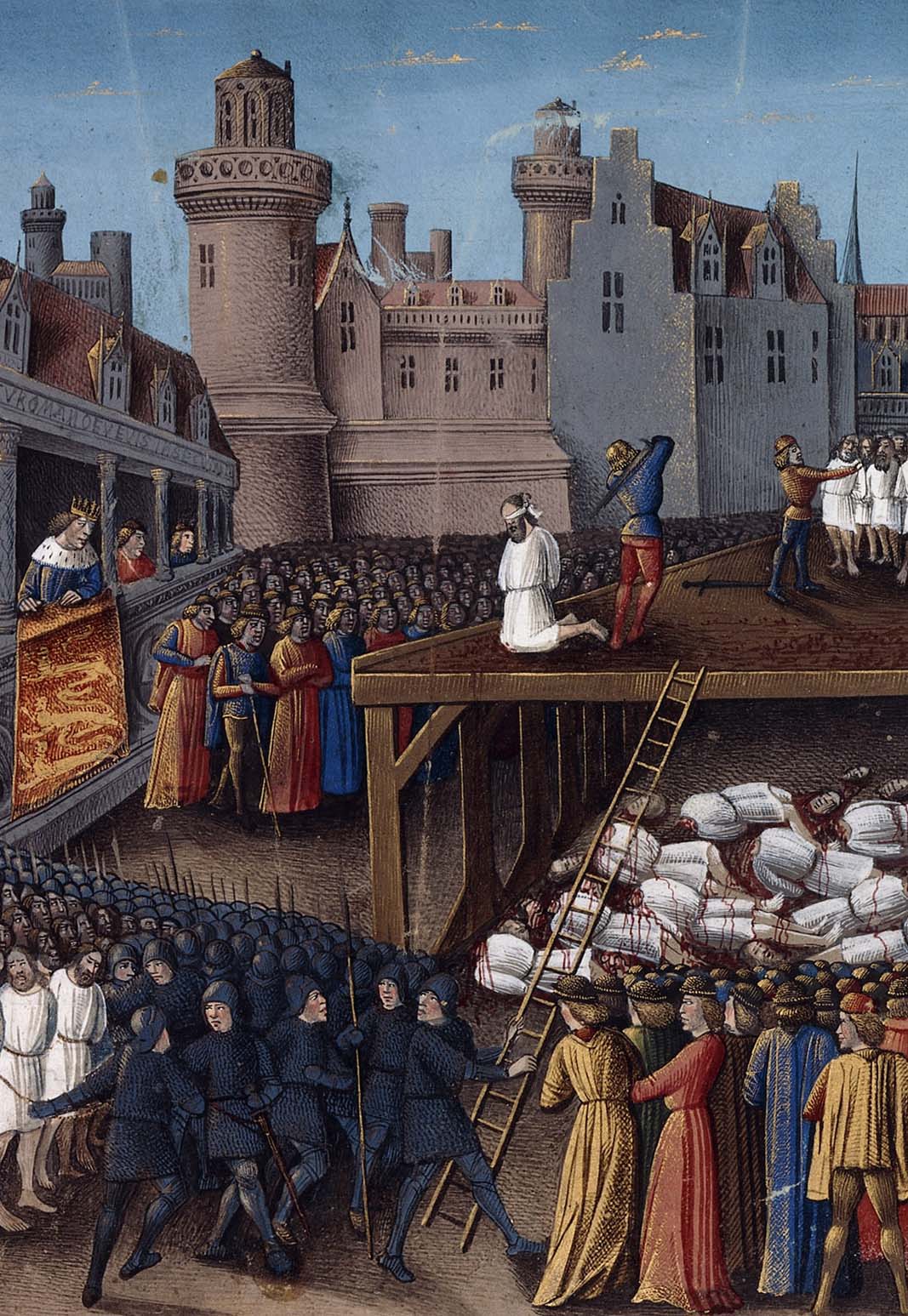
Richard the Lionheart killing muslim prisoners
Les Passages d'outremer faits par les Français contre les Turcs depuis Charlemagne jusqu'en 1462
(The Overseas Expeditions by the French against the Turks and Other Saracens and Moors Overseas)
Sébastien Mamerot, author
Jean Colombe, illuminator
1474-1475
BnF, département des Manuscrits, FRANCAIS 5594
© Bibliothèque nationale de France
Against Religious Indoctrination
Criticizing religion is not always a sinecure. Thus, Philip Pullman had to face criticism following the publication of his Dark Materials trilogy. Deeply atheist and anticlerical, the author, who has sold millions of copies, narrates the lies of the Magisterium modelled on the Roman Catholic Church and the mutilations that children undergo with the terrible "intercision".
Renewal of Pagan Practices and Beliefs
Druidry and Shamanism
Fantasy often favours spirituality linked to nature, of druidic or shamanic inspiration. The important thing for the authors is to underline the communion of the characters with elemental spirits, which help to guide and even heal human beings. Druids and shamans, for example, are among the privileged figures in role-playing, where they generally serve as healers for a group of adventurers.
Magic and Esotericism
Some recurring fantasy motifs deliberately blur different religious inspirations, like the use of prophecy and the view of magic as an ancestral legacy. Spirituality is generally linked to religious or magical practices, from prayers to miraculous manifestations, which make the divine or supernatural visible.
